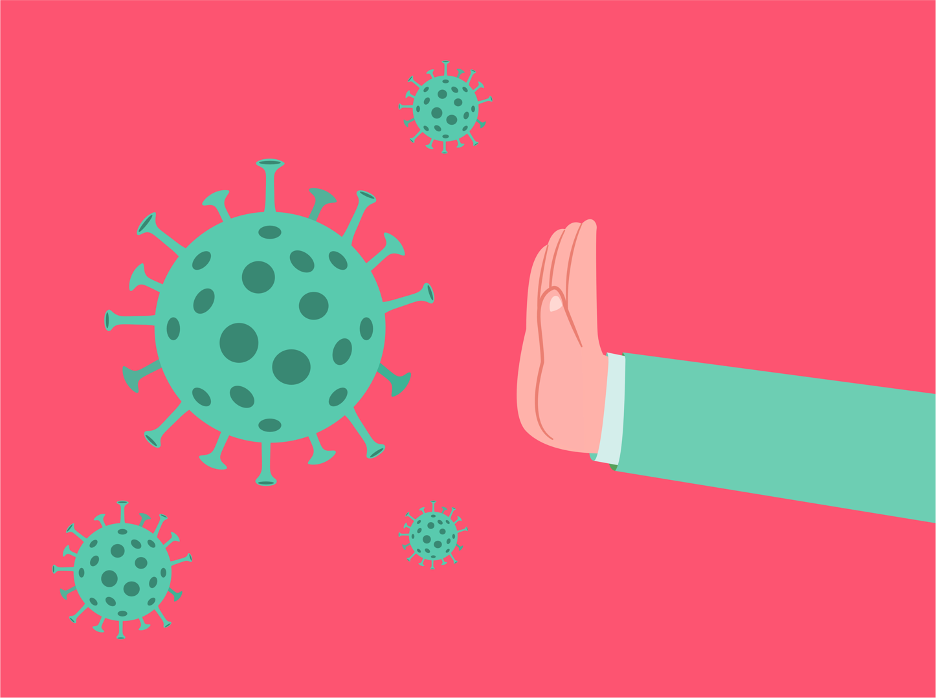COVID-19, also known as the coronavirus, is a highly contagious respiratory illness that has affected millions of people worldwide. The virus spreads through respiratory droplets when an infected person talks, coughs, or sneezes.
To give yourself the best chance at avoiding the virus, it’s important to understand how the virus works. That’s where we can help. Below, these COVID-19 vaccine clinics in Northwest Indiana discuss some of the key things you should know about the incubation period, how long you stay contagious with the virus, factors that affect the duration of contagiousness and more.
Understanding the Incubation Period of COVID-19
The incubation period is the time between exposure to the virus and the onset of symptoms. According to the Centers for Disease Control and Prevention (CDC), the incubation period for COVID-19 ranges from two to 14 days, with an average of five days. However, some people may not show any symptoms and can still spread the virus.
Symptoms of COVID-19 include fever, cough, shortness of breath, fatigue, body aches, headache, loss of taste or smell, sore throat, congestion and nausea. If you develop any of these symptoms, it’s best to get tested, then isolate yourself to prevent the spread of the virus.
How Long Do You Stay Contagious with COVID-19?
The contagious period for COVID-19 starts two days before symptoms appear and lasts until 10 days after symptoms first appeared, according to the CDC. However, people with severe illness or weakened immune systems may remain contagious for up to 20 days after symptoms first appear.
It is important to note that even after the contagious period, some people may still test positive for the virus. This does not mean they are contagious, but rather that the virus is still present in their body. It is important to follow the guidance of healthcare professionals regarding isolation and quarantine to prevent the spread of the virus.
Factors That Affect the Duration of Contagiousness
Several factors can affect the duration of contagiousness for COVID-19. These include the severity of illness, age and underlying health conditions. People with severe illness or weakened immune systems may remain contagious for a longer period.
In addition, newer variants of the virus, such as the Delta variant, may also affect the duration of contagiousness. Studies have shown that the Delta variant may cause a longer period of contagiousness compared to the original strain of the virus.
COVID-19 Testing Options to Determine Contagiousness
There are several COVID-19 testing options available to determine contagiousness. The most common test is the PCR test, which detects the genetic material of the virus. This test is highly accurate but may take several days to get results.
Rapid antigen tests are also available, which can provide results within minutes. However, these tests are less accurate than PCR tests and may produce false negatives.
It is important to follow the guidance of healthcare professionals regarding testing and isolation. If you test positive for COVID-19, it is important to isolate yourself to prevent the spread of the virus.
The Importance of COVID-19 Vaccines in Reducing Transmission
COVID-19 vaccines have been developed to prevent severe illness and death from the virus. In addition, vaccines can also reduce transmission of the virus. Studies have shown that vaccinated people are less likely to spread the virus to others, even if they do become infected.
It is important to get vaccinated to protect yourself and others from COVID-19. Vaccines are available at clinics and pharmacies throughout the country, including several COVID-19 vaccine clinics in Northwest Indiana.
Looking for a COVID-19 Vaccine Clinic in Northwest Indiana?
Have you been experiencing COVID symptoms lately and fear that you might be contagious? If so, 219 Health Network is here to help. Contact us today at 833-219-0001 to get started.


